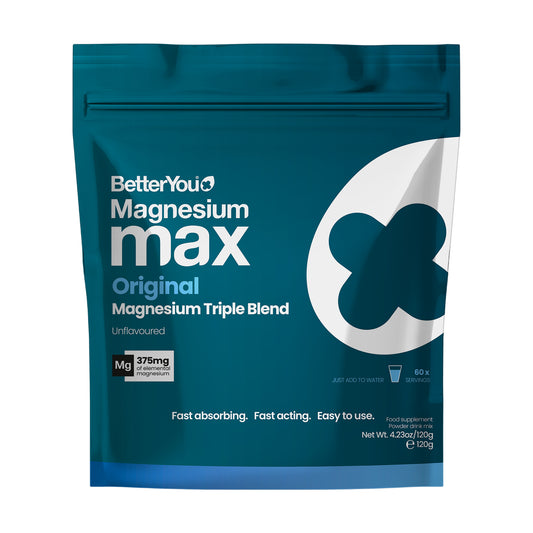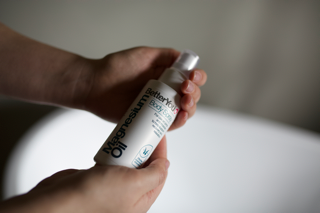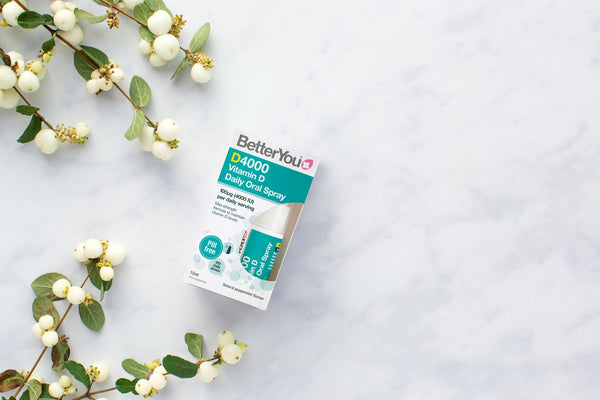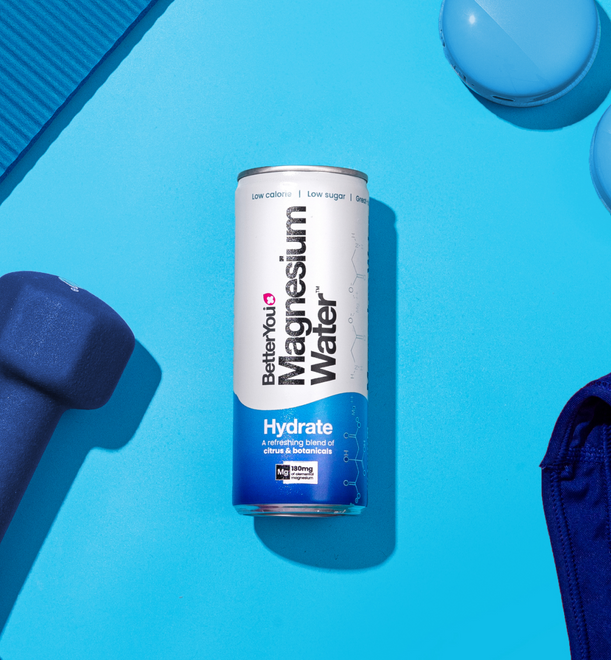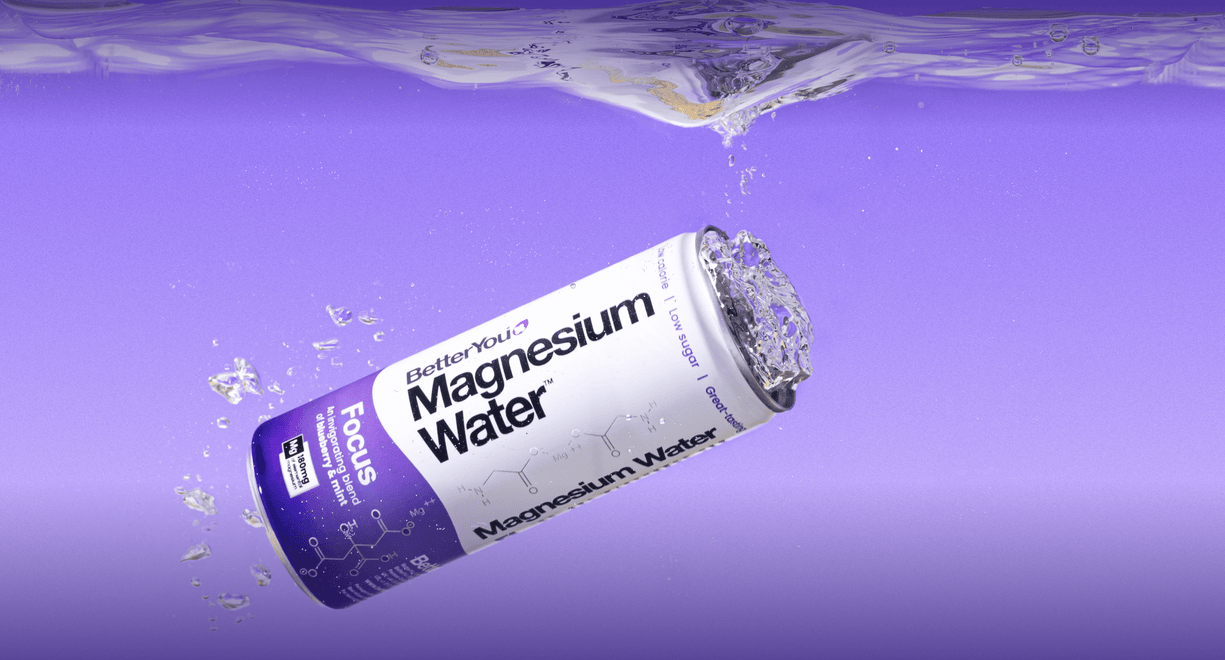Joint aches in menopause can be a common symptom of this stage in a person’s life. This transitional period is denoted by a fluctuation in hormones such as oestrogen, which in turn can affect your bones and joints. It is important to try and identify the cause of joint discomfort in order to look for supplements that can help soothe this tension.
Table of Contents:
- What Causes Aching Joints in Menopause?
- Which Joints Are Most Affected?
- How to Soothe Aching Joints in Menopause
- Other Symptoms of Menopause
What Causes Aching Joints in Menopause?
One of the most common side effects of menopause is aching joints and joint discomfort. Menopause symptoms, including aching joints, can occur months or years before you are considered ‘menopausal’.
Joint health supplements could help to restore the vital nutrients your body needs to combat this symptom. You may experience joint discomfort throughout each of the stages of menopause: perimenopause, menopause, and postmenopause.
The reason you may experience aching joints in menopause is:
- During the menopause your oestrogen levels decline
- Oestrogen affects your cartilage, which connects your joints
- Oestrogen decline also leads to bone turnover (decrease in bone density)
- Oestrogen contributes to the protection of your joints and reducing inflammation
- As oestrogen levels decline, movement can become uncomfortable
The fluctuations in oestrogen during the menopause can lead to increased risk of osteoporosis and osteoarthritis. These conditions affect your bones, and you may require bone supplements to support this area of your body. During the menopause, the decline of oestrogen results in increased bone turnover. This is a decrease in bone mineral density, which can lead to elevated fracture risk.
Disclaimer: If you are experiencing detrimental symptoms alongside the menopause, you should seek medical advice from your Doctor, and before taking supplements.
Which Joints Are Most Affected?
Certain joints may be more affected than others, but this will be different from person to person. Joint aches in menopause may feel more intense in the mornings, because you’ll have been lying still for longer and your joints are less loose from everyday movement. Tense joints may feel like stiffness in these areas, as well as swelling or even a burning sensation. In order to reduce these symptoms, you need to intake the nutrients for joint health and flexibility.
Most commonly, aching joints during menopause is felt in the:
- Back
- Neck
- Jaw
- Shoulders
- Elbows
- Wrists
- Fingers
It’s important to stay active during the menopause, to help strengthen your joints. It may be best to avoid activities that put strain on your joints, such as jogging, and focus on gentler exercise like swimming, yoga and other similar options. Additionally, it is always important to recover properly after exercise so you avoid injury.
How to Soothe Aching Joints in Menopause
In order to soothe your joint discomfort during menopause, you need to support your nutritional intake of the essential supplements for your joints. Menopause supplements can help to provide the vital vitamins and minerals you need during this time. The best supplements for menopause and aching joints include:
Vitamin D
D is an important vitamin for bone support and joint tension during the menopause. Vitamin D benefits your body by supporting strong bones, normal teeth, and immunity. Vitamin D supplements can increase your intake and could help to soothe joint aches during the menopause.
Vitamin K2
Vitamin K benefits your bones too, which in turn is important for joints. The vitamin works with vitamin D to encourage calcium to be absorbed into your bones. Without enough vitamin K, calcium can deposit in your blood. Vitamin K supplements are therefore vital to avoiding joint tension during the menopause.
At BetterYou, our pill-free supplements are easy to take, without water or food. You simply spray them into your mouth, and the droplets are absorbed easily bypassing the gastrointestinal system. This means you can obtain the nutrients for menopause joint aches through oral spray supplements, without the hassle of swallowing a tablet.
Magnesium
Magnesium is an essential mineral to support aching joints during the menopause. Magnesium benefits your muscles, bones, and supports discomfort and tension during this time. It is a natural muscle relaxant, and magnesium supplements can also help you sleep, which can help you feel better rested during this time. Our magnesium supplements use topical magnesium which offer a hassle-free way to obtain minerals.
Other Symptoms of Menopause
Aching joints in menopause are unfortunately not the only side effect you may experience. Common symptoms of the menopause include:
- Poor sleep
- Night sweats
- Headaches
- Hot flushes
- Low mood or anxiety
- Trouble concentrating
- Reduced libido
- Vaginal dryness
The good news is that you are not alone - there are always friends, family members, and online communities to reach out to. We’ve partnered with GenM to help make people experiencing the menopause feel empowered and supported throughout this journey. You can also find more information on nutritional support through the menopause with our podcast episode with BANT registered nutritionist Jackie Lynch.
Supplementing with BetterYou
At BetterYou, we specialise in convenient and effective nutritional supplementation. From energy supplements for when you need that additional boost, to sleep supplements for help drifting off.
